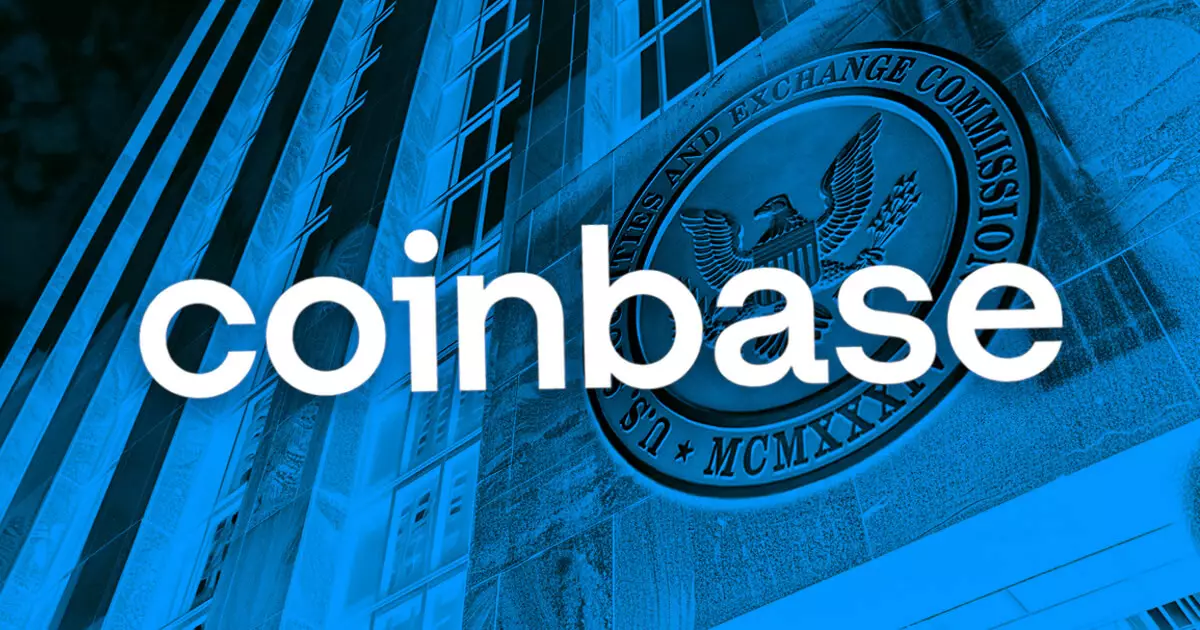The intricate legal confrontation between the US Securities and Exchange Commission (SEC) and Coinbase has entered a pivotal phase as the SEC seeks a four-month extension to finalize fact discovery within its lawsuit. The SEC’s recent letter to Judge Katherine Polk Failla, dated September 18, 2023, proposes to extend the discovery deadline from October 18, 2024, to February 18, 2025. This request stems from the agency’s need to sift through an enormous volume of additional documents in its pursuit of compliance with court orders. The SEC’s undertaking is indicative of the complex nature of this case, as it tries to navigate the choppy waters of cryptocurrency regulation.
In its communication, the SEC underscores the extensive amount of evidence it has already gathered—producing “hundreds of thousands” of documents thus far. The regulator also emphasized its need to review an additional 133,582 unique documents, a task that it asserts necessitates more time. The intricacies involved in deciphering these documents are a testament to the fast-growing nature of digital assets and the challenges regulators face in classifying and overseeing them effectively. The SEC’s actions in reaching an agreement with Coinbase on the search parameters highlights both parties’ attempts to work within the framework of legal norms, yet it is evident that the regulatory landscape is fraught with uncertainty.
Coinbase, for its part, has expressed its willingness to consent to the requested extensions, demonstrating a collaborative approach amidst the contentious atmosphere. The move to push back the deadlines allows both the SEC and Coinbase additional time to prepare for the next steps in the litigation—a strategic pause in what has become an essential battle for the interpretation of securities law as it pertains to digital currencies. This collaborative spirit could facilitate a more thorough examination, potentially paving the way for a clearer understanding of regulations surrounding cryptocurrencies.
At the crux of this legal dispute lies the SEC’s accusations against Coinbase for operating as an unregistered securities broker. The agency’s claims are firmly rooted in the Howey Test, an established legal criterion that designates what qualifies as a security. Specifically, the SEC argues that several digital assets traded on Coinbase’s platform fall under this classification, thereby violating US securities laws. Coinbase vehemently contests this assertion, maintaining that the assets it lists do not constitute securities and that its operational practices are in harmony with current regulations. This opposing stance is critical, as it highlights the ongoing debate regarding regulatory clarity in the cryptocurrency sector.
The lawsuit sets the stage for a broader conversation about cryptocurrency regulation in the United States and could potentially yield profound consequences for the industry at large. As Coinbase argues that the SEC has been vague about which digital assets are considered securities, this legal challenge could compel regulators to refine and elucidate the principles guiding cryptocurrency classification. Should the court rule in favor of Coinbase, it might usher in a more favorable environment for cryptocurrency exchanges and lead to increased innovation. Conversely, a ruling favoring the SEC could tighten regulatory controls, possibly stifling growth in the sector and heightening compliance burdens for digital asset firms.
As the SEC seeks this extension amid a significant legal battle over the future of cryptocurrency regulations, the ramifications of this lawsuit are bound to extend beyond the immediate scope of SEC vs. Coinbase. The outcome will not only affect the operational landscape of Coinbase but could also serve as a benchmark case that influences regulatory practices and frameworks for cryptocurrency in the United States. The complexities surrounding digital assets necessitate that both regulatory bodies and market participants engage in a dialogue aimed at establishing clear guidelines moving forward. As both parties prepare for the next stage of litigation, the broader cryptocurrency community remains watchful, aware that the outcome could reshape the future of digital asset trading in the country.
















Leave a Reply